On the morning of February 12, immediately after the opening session of the 9th extraordinary session, the National Assembly discussed in groups the draft Law on amending and supplementing a number of articles of the Law on Organization of the National Assembly (amended) and the draft Law on Promulgation of Legal Documents (amended).
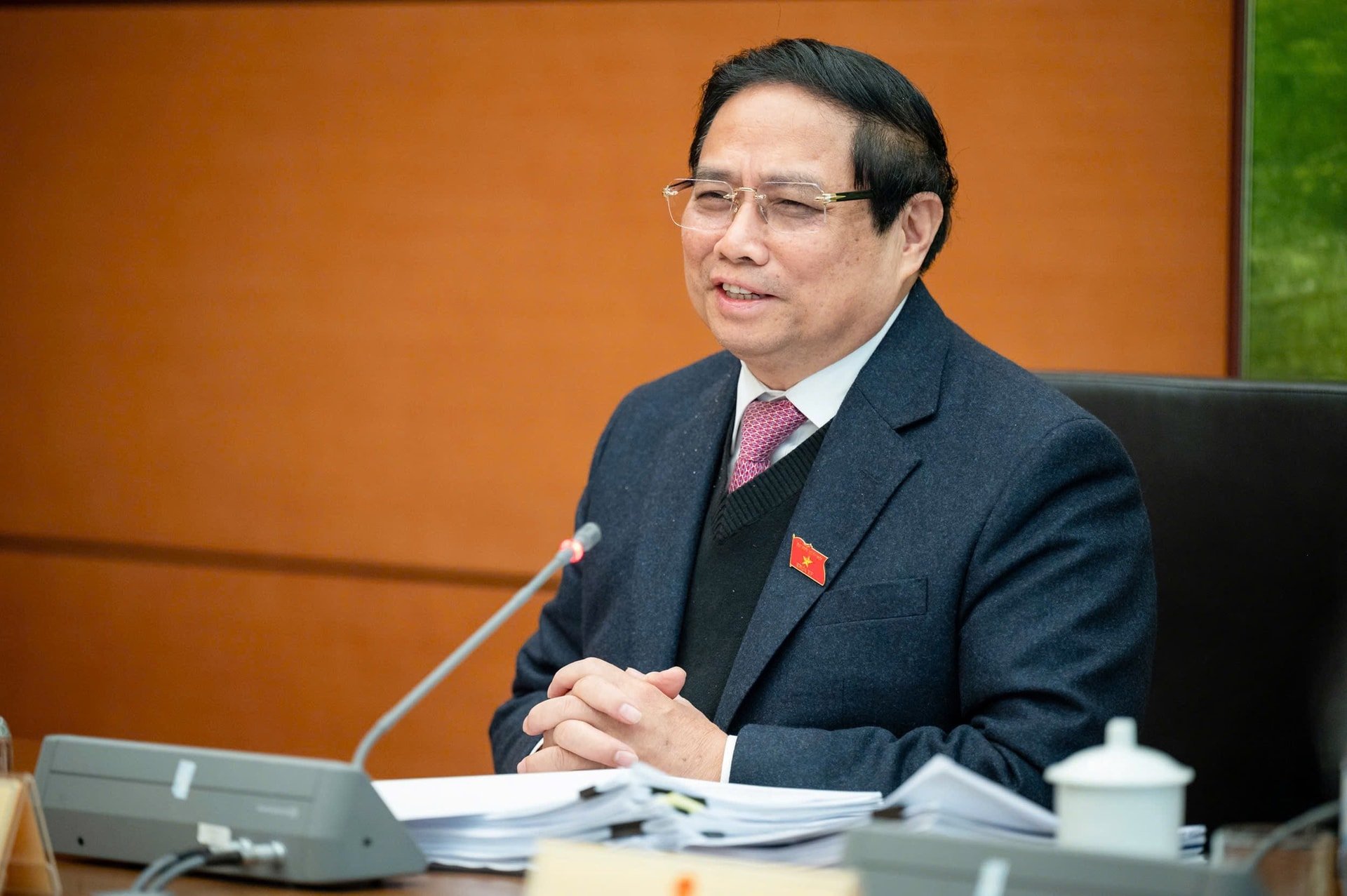
Discussing at Group 8 (including National Assembly delegates from Vinh Long, Dien Bien, Can Tho, and Kon Tum provinces), Prime Minister Pham Minh Chinh emphasized a number of principles in amending and perfecting laws, and a number of new points in the draft laws submitted to the National Assembly.
The Prime Minister said that according to the law, in the process of development, new contradictions always arise, and we must resolve new contradictions in order to continue developing. Therefore, amending, supplementing, and perfecting laws is normal; the requirement is to make regulations simple, easy to understand, and solve problems that arise in practice.
This time, we are carrying out a revolution in organization and apparatus, to make the apparatus leaner and stronger, operate effectively and efficiently, reduce staff, restructure and improve the quality of cadres, civil servants, and public employees... This is a major policy of the Party that we are about to complete. In February, we will try to complete the work so that in March, the new organization and structure can begin to operate and prepare for Party congresses at all levels. Of course, when the new apparatus, organization and structure are put into operation, there will be smoothness and convenience, but there will also be problems, problems, and difficulties that we must solve.
According to the Prime Minister, the operation of the apparatus must be "appropriate". Whoever does the best and most closely should be assigned to that person, clearly defining the legislative, executive and judicial functions; the clearer it is, the easier it is to evaluate and determine responsibilities. At the same time, promote decentralization and delegation of power along with resource allocation, improve enforcement capacity, strengthen inspection and supervision; localities decide, localities do, localities are responsible; reduce administrative procedures, reduce compliance costs for people and businesses; stick to reality, respect reality, start from reality, take reality as a measure, from reality see what is stuck and need to fix it.
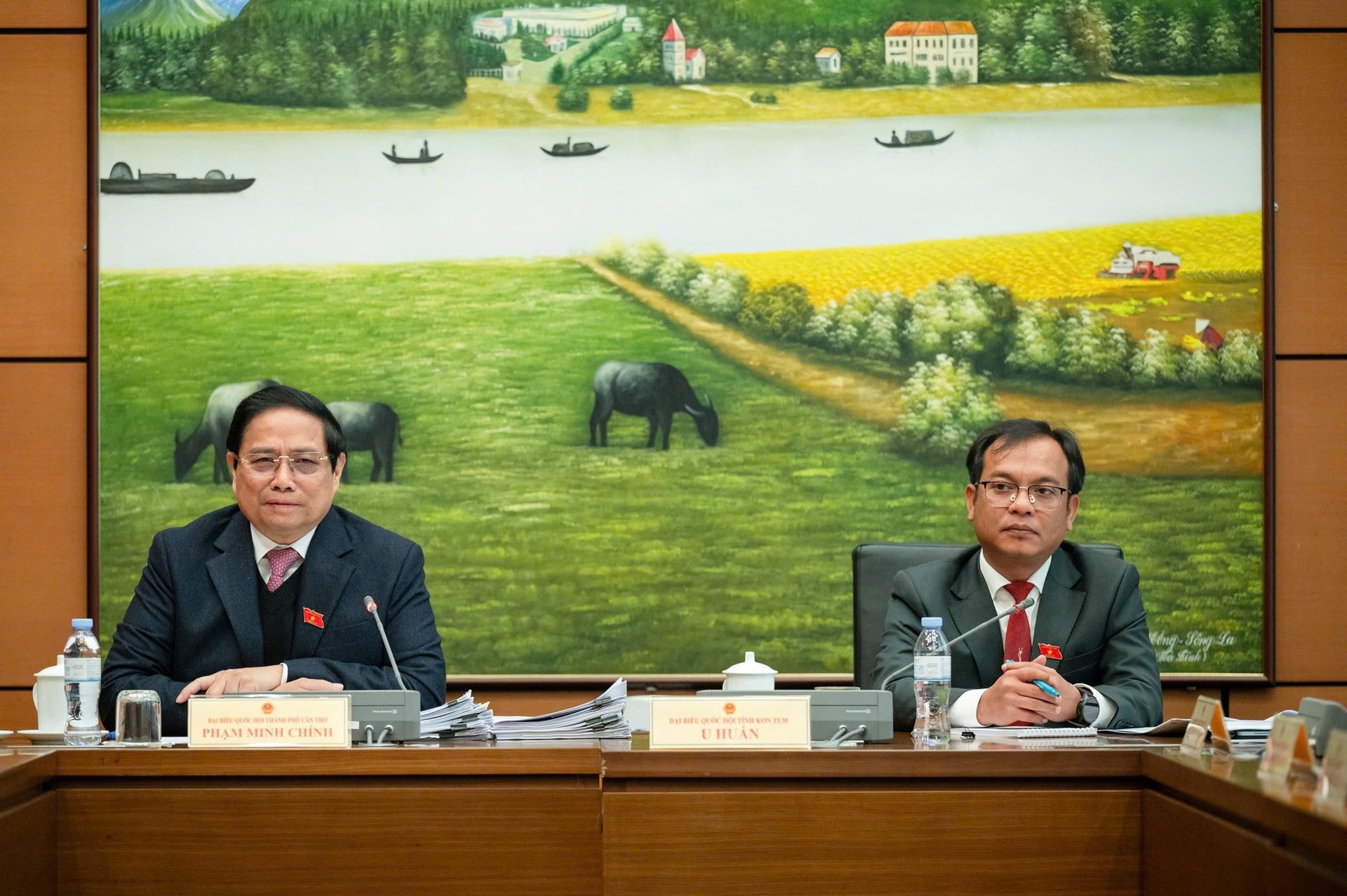
Going into more detail, the Prime Minister affirmed that the current coordination process between agencies is very good, tight and effective, but when submitting a project or draft law to the National Assembly, it is necessary to clarify the submitting agency and the reviewing agency. The Prime Minister gave an example: a minister authorized by the Prime Minister to represent the Government to submit a draft law to the National Assembly, a committee of the National Assembly is the agency in charge of reviewing, and the Standing Committee of the National Assembly is the reviewing agency.
When the submitting agency and the reviewing agency have different opinions, they should consult the Central Executive Committee and the Politburo according to the principle of comprehensive Party leadership and Party regulations. It is necessary to clearly define the policy-making agency and the policy-making process to clarify responsibilities and take ultimate responsibility, but there must still be close and effective coordination between agencies under the Party's leadership, strictly implementing the Party's leadership principles.
The second issue mentioned by the Prime Minister is how to build and issue policies to meet practical requirements in the context of life changing very quickly, as in less than a month, the world situation has been turned upside down. Practice also poses many lessons and experiences such as in the prevention of the COVID-19 pandemic, Typhoon Yagi (Typhoon No. 3 in 2024) with many very difficult and brain-twisting decisions.
Therefore, what is clear, mature, proven to be correct in practice, effectively implemented, and agreed by the majority of opinions, we will legalize and continue to implement. As for what is still fluctuating, especially economic issues, we will delegate power to the executive branch, on that basis, we will handle it flexibly, promptly, and report back to the National Assembly and the National Assembly Standing Committee.
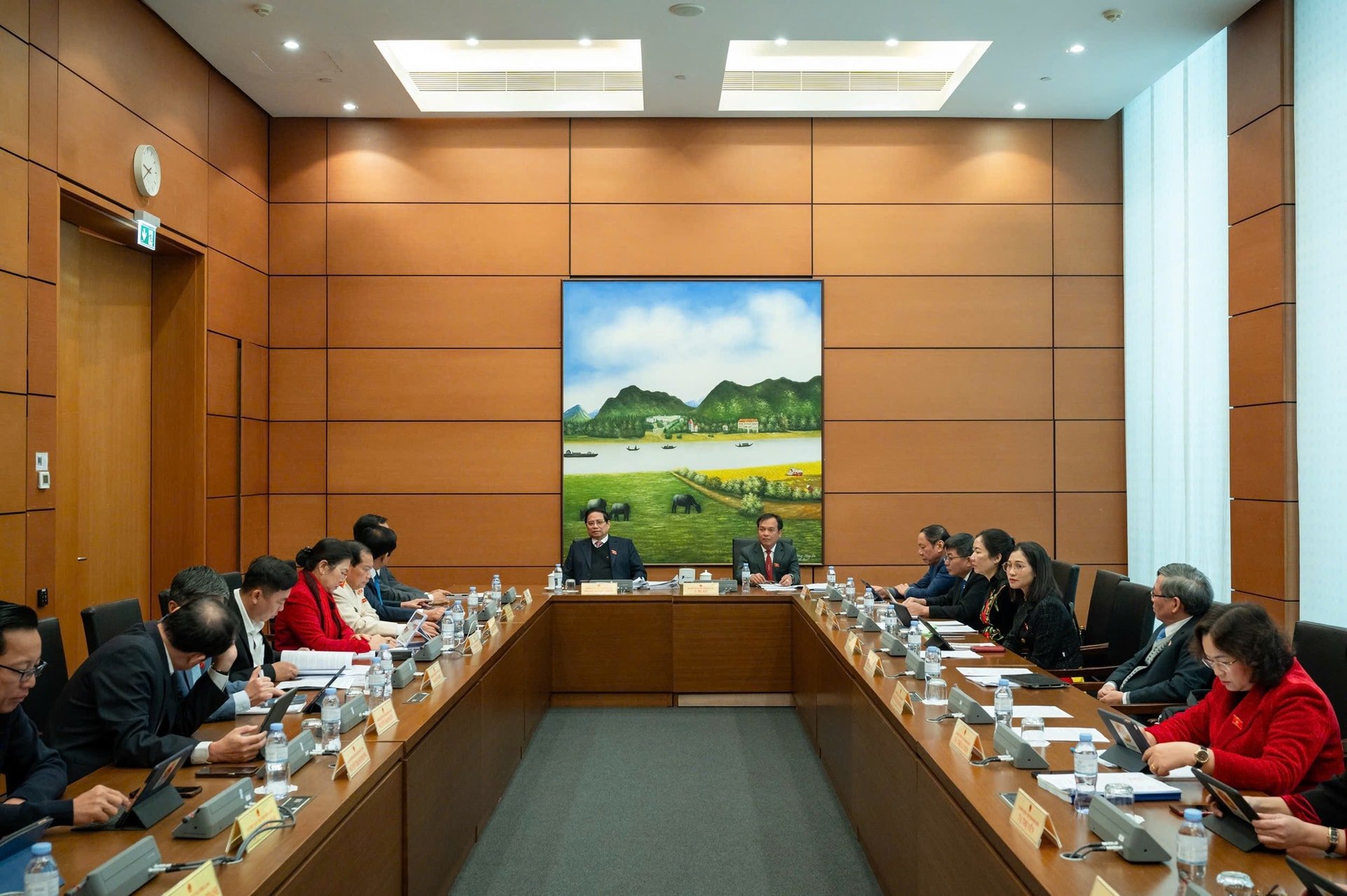
In further discussion, the Prime Minister said that previously, the Government's resolutions had the value of legal documents, but later the law stipulated that the Government's resolutions did not have legal nature, instead, decrees were issued according to shortened procedures.
However, in reality, when there are specific, special issues that need to be handled immediately, the Government can meet for 1 hour, right at night to make a decision, but no one dares to issue documents without legal status, as during the COVID-19 pandemic. Meanwhile, decrees, even though issued according to simplified procedures, still take more time and process to collect opinions.
Reality poses specific, urgent problems in a short period of time that we must solve and handle immediately, so it is very necessary to stipulate that the Government's resolution has legal value, the Prime Minister said.
The Prime Minister cited a series of specific and vivid examples from "multi-faceted" practices such as COVID-19 prevention, natural disaster prevention, especially during super typhoon Yagi, showing that many issues cannot be fully predicted when drafting laws. When promulgating new laws, it is necessary to assess the impact, but that is only a prediction.
Therefore, the provisions in the law need to be framework and principled; if necessary, they should be piloted and, based on the pilot, researched and incorporated into the law; to leave room for the executive branch to implement flexibly and effectively, and for agencies, units, localities, people and businesses to innovate. We accept risks, both to encourage and protect innovators and creators, and to prevent corruption, negativity, waste and group interests; to promote personal responsibility, and at the same time not to handle or prosecute those who do not have personal or profit-making motives.
Another issue mentioned by the Prime Minister is that decision-making processes must be quick in the spirit of valuing time, intelligence and timely decisiveness as the decisive factors for success. Therefore, along with consulting the people, the affected subjects when building draft laws, it is necessary to attach importance to consulting experts, scientists and practitioners.
The Prime Minister cited that during Typhoon Yagi in Lao Cai, when he realized the urgent danger that people might be in danger due to landslides, the head of Kho Vang village (Coc Lau commune, Bac Ha district, Lao Cai province) decided to evacuate people. "If people are safe, then it's okay, but if unfortunately during the process of moving they enter a landslide and people are buried, then the head of the village becomes a criminal. But his way of doing things is very creative, very selfless and he is willing to take responsibility. So the law must protect people like him," the head of the Government said.
Source: https://baotainguyenmoitruong.vn/thu-tuong-xay-dung-luat-can-tao-khong-giant-cho-doi-moi-sang-tao-mien-la-khong-tham-nhung-tieu-cuc-386580.html








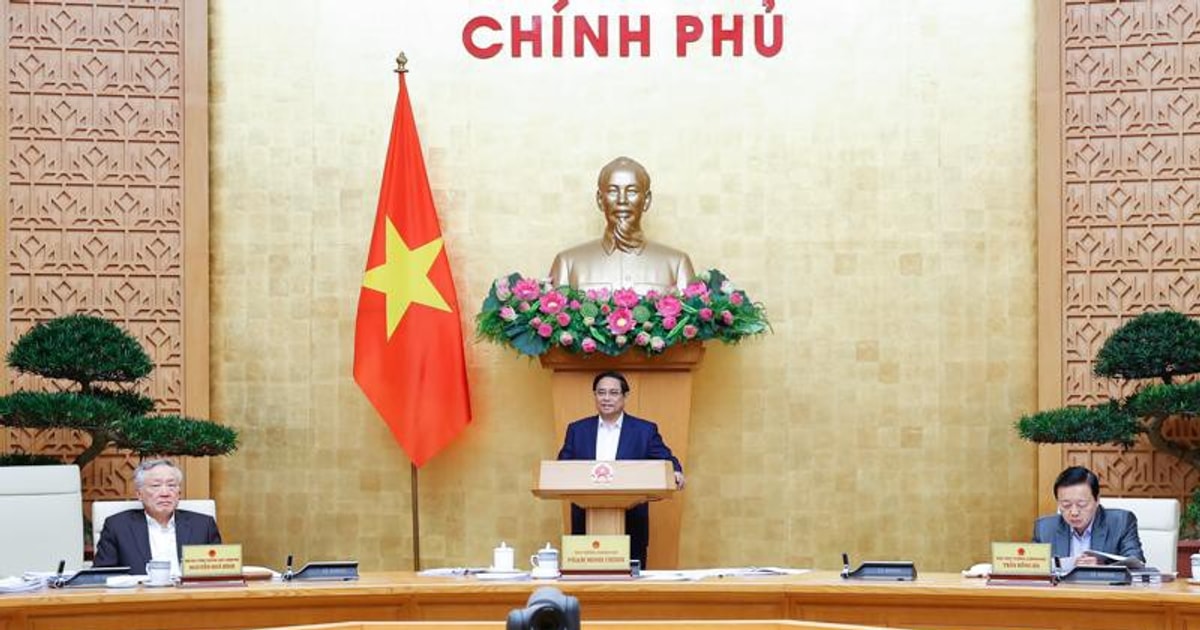
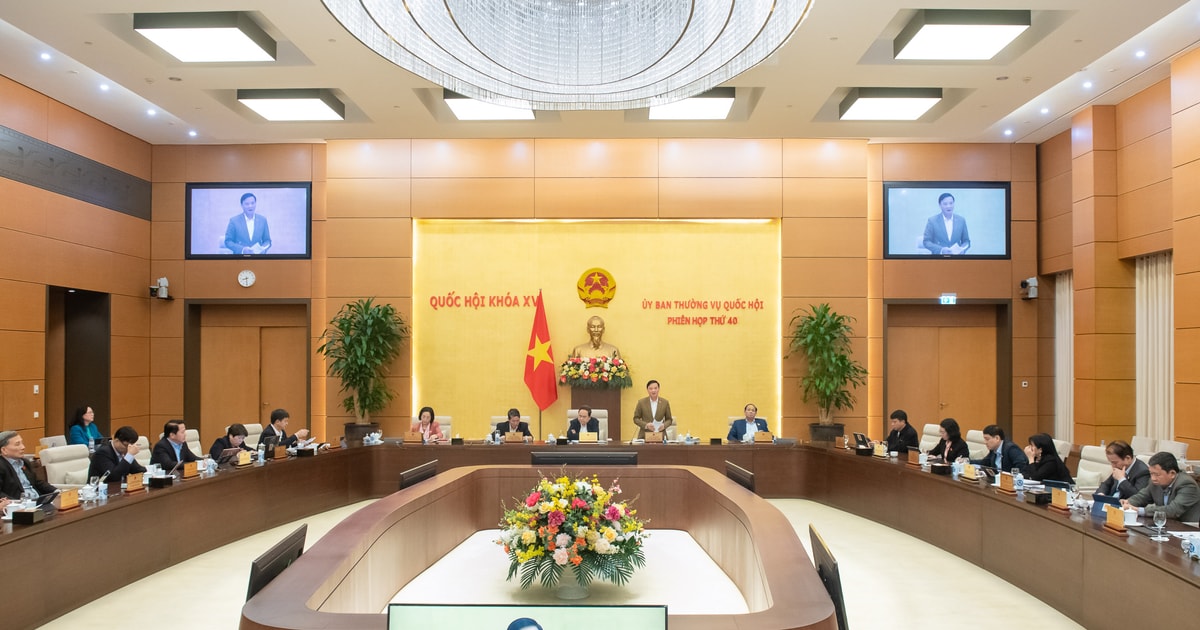

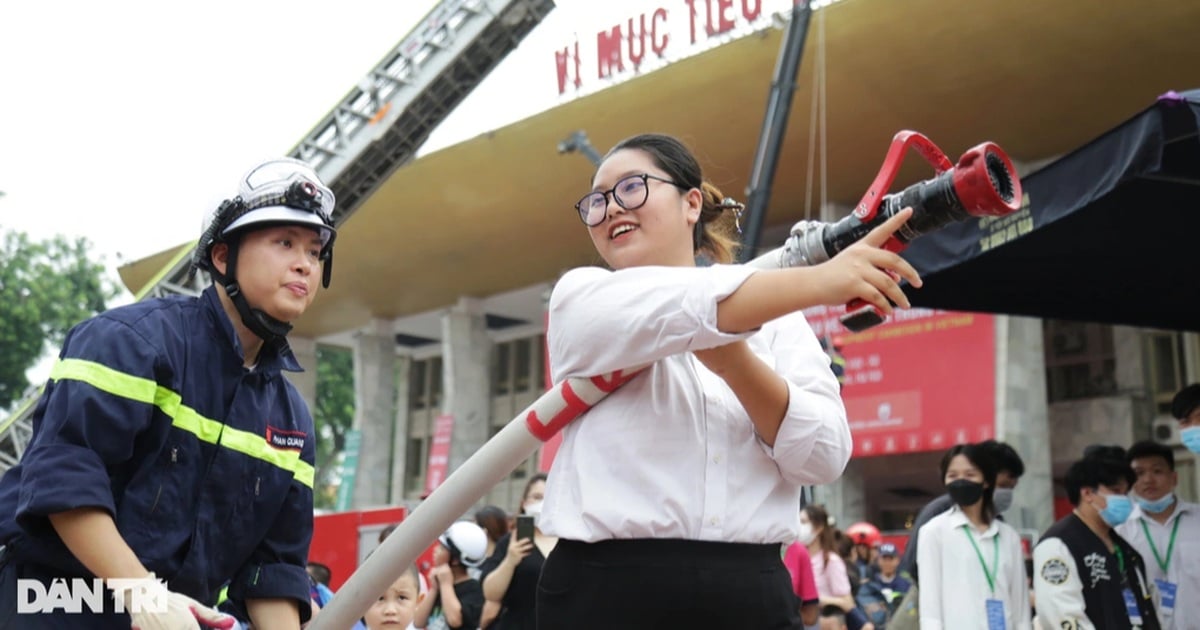



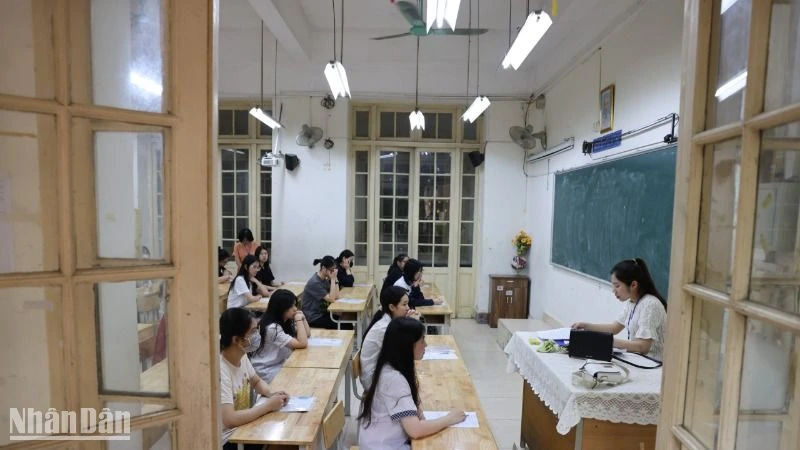

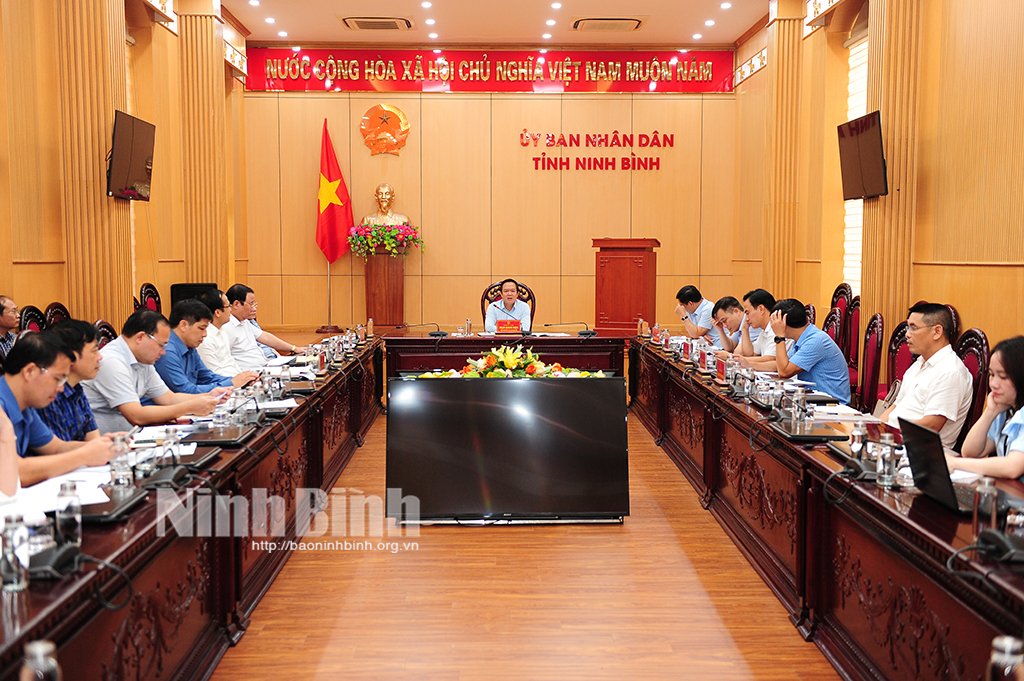

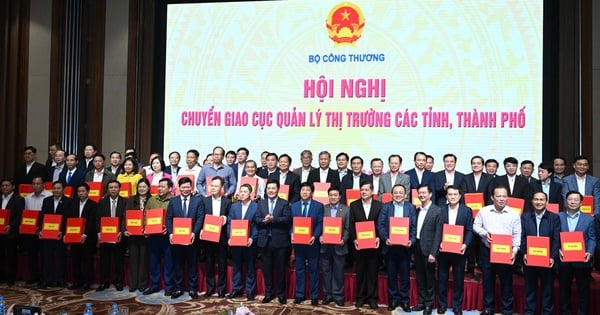

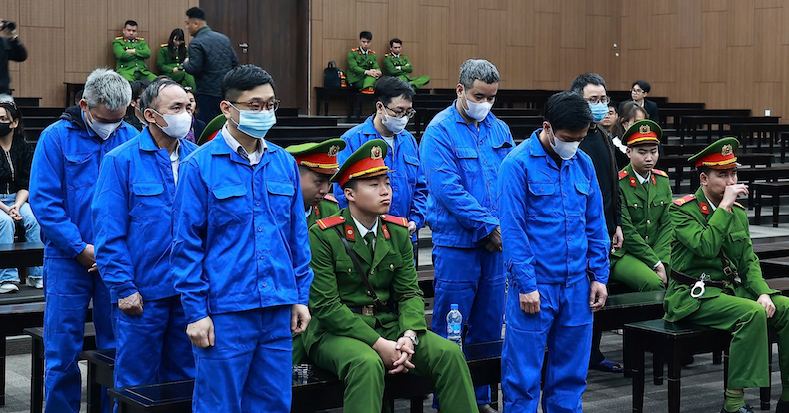



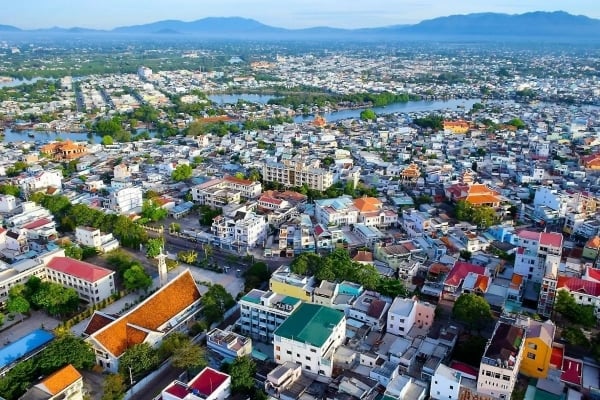



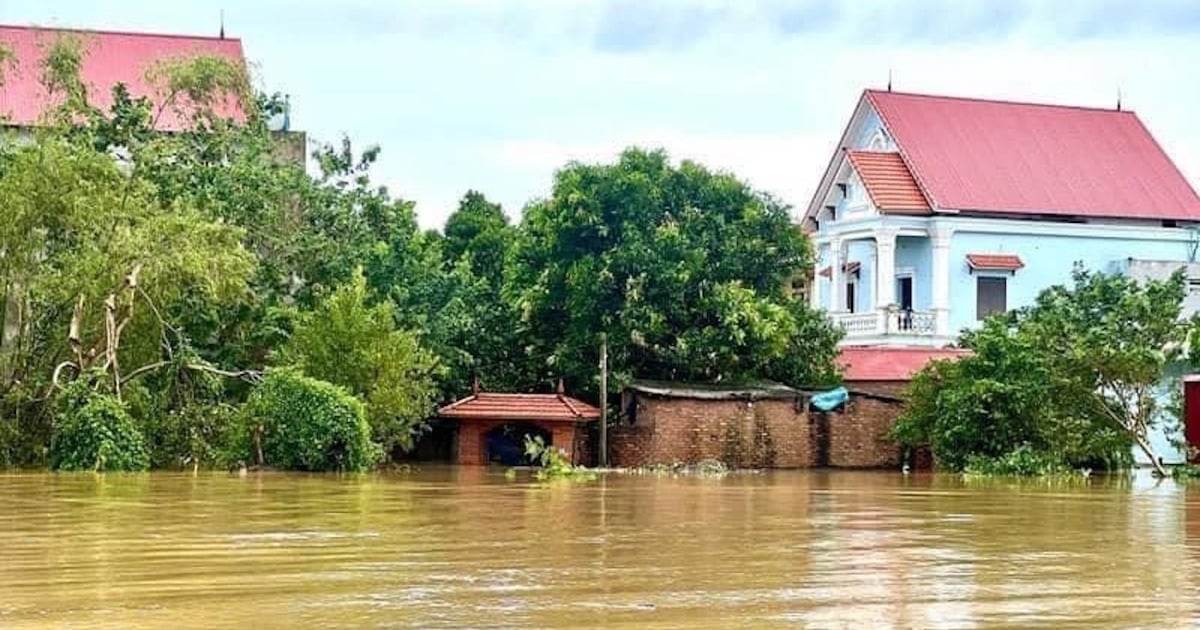





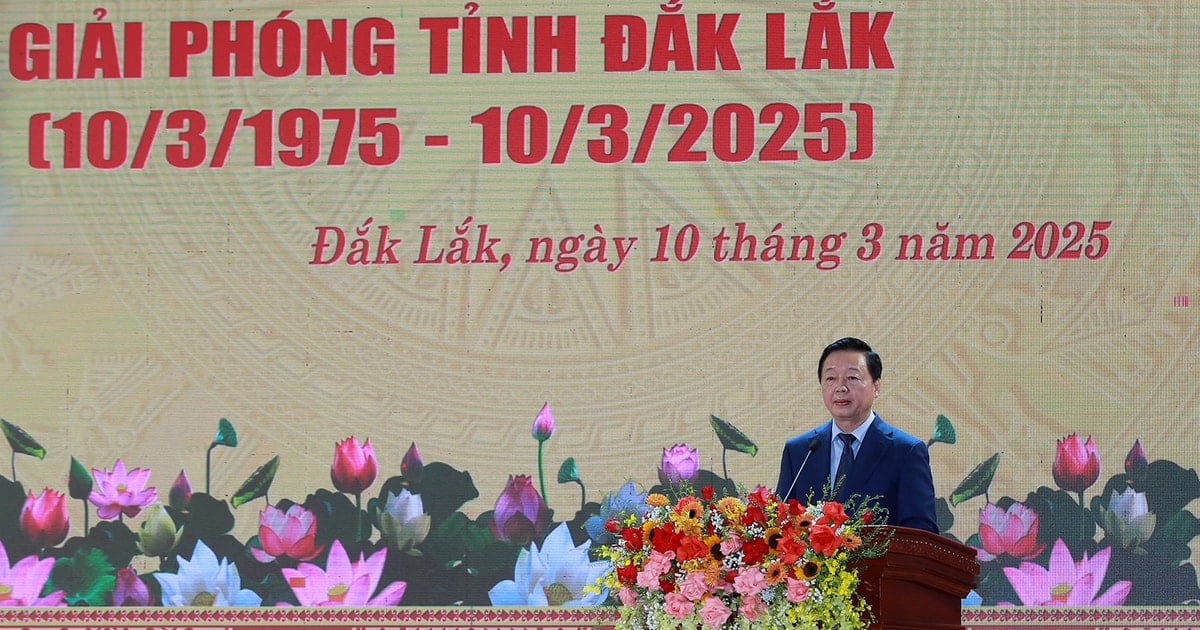
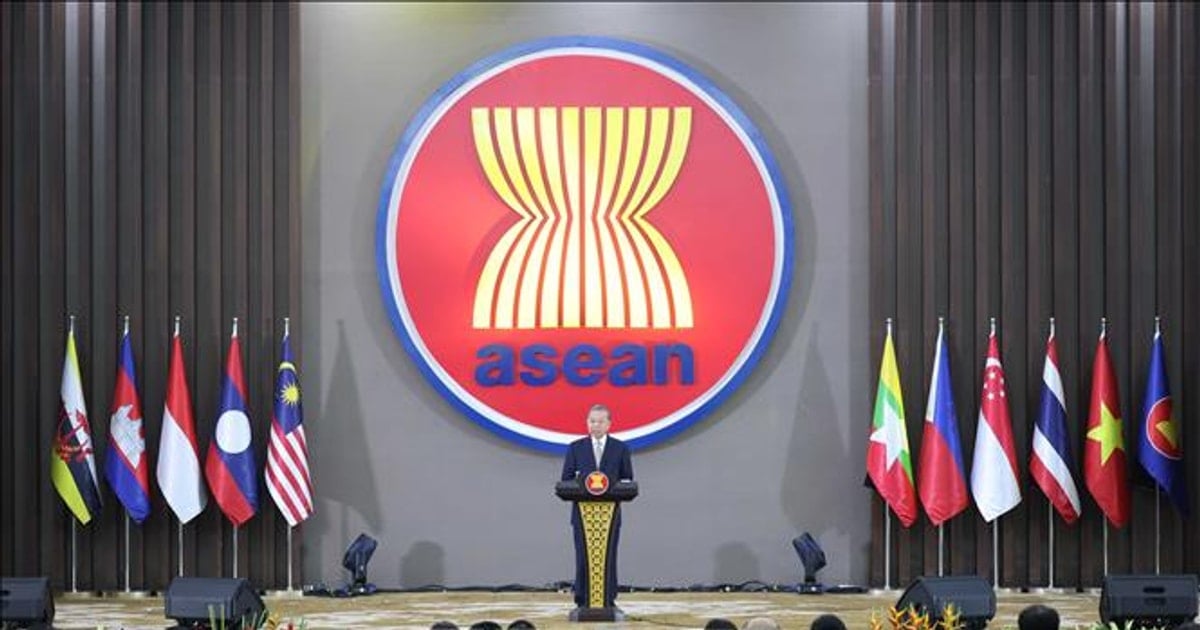
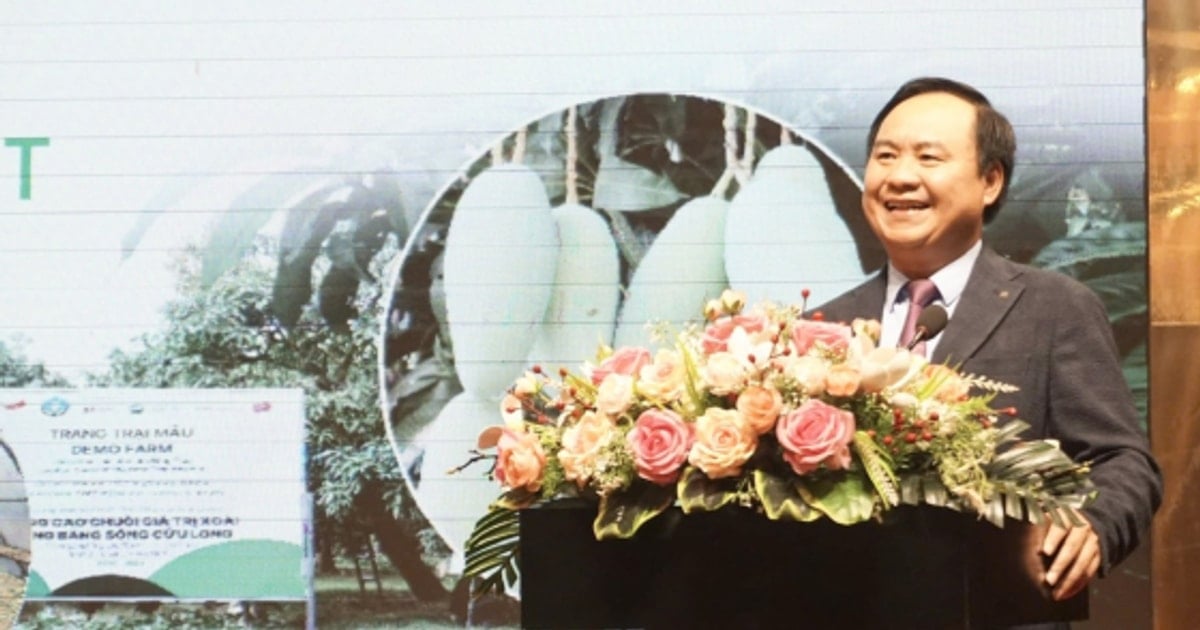
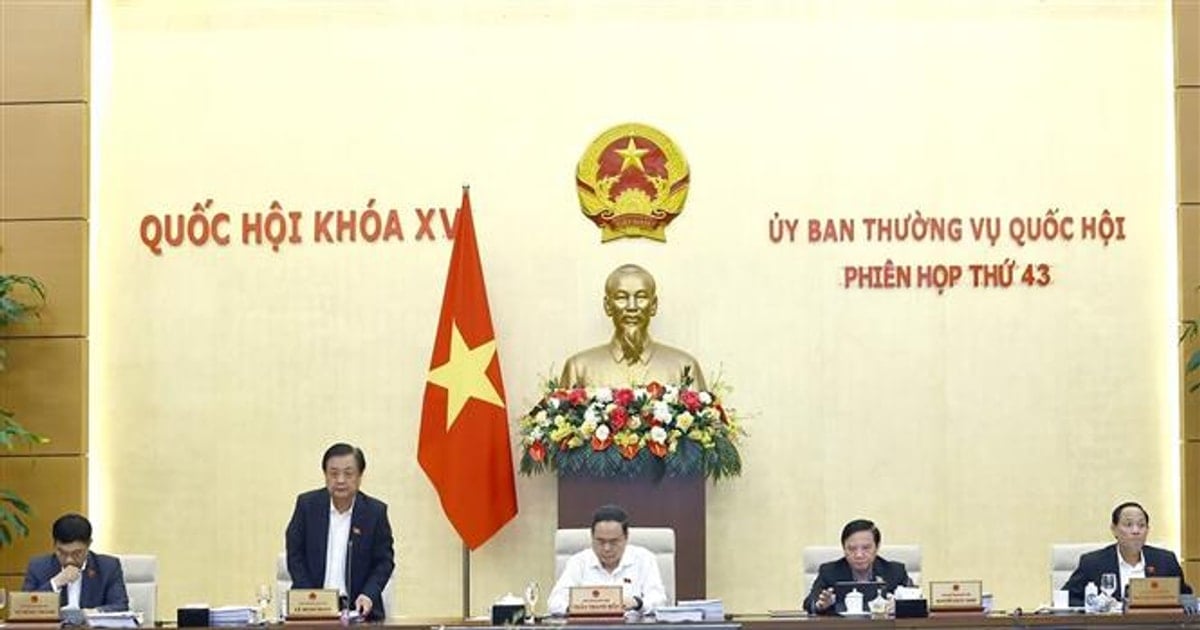





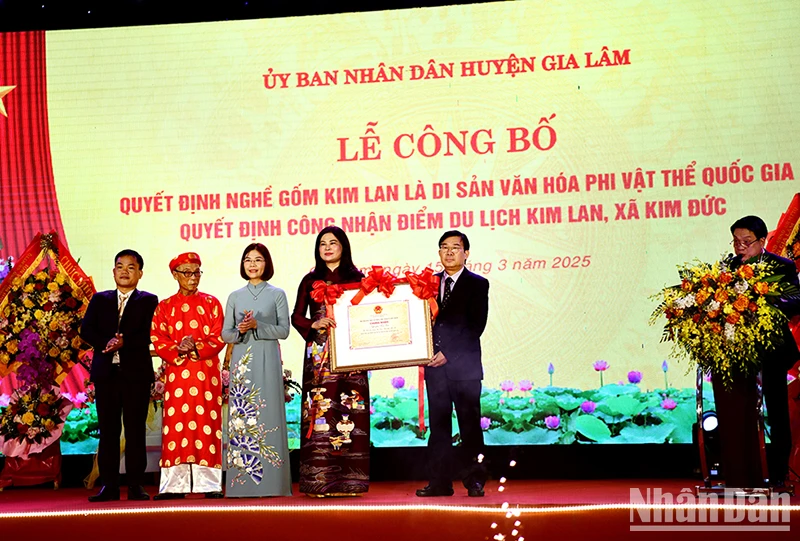


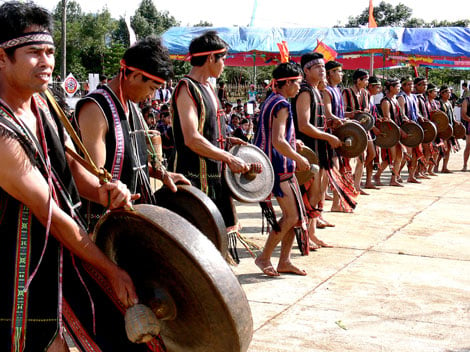


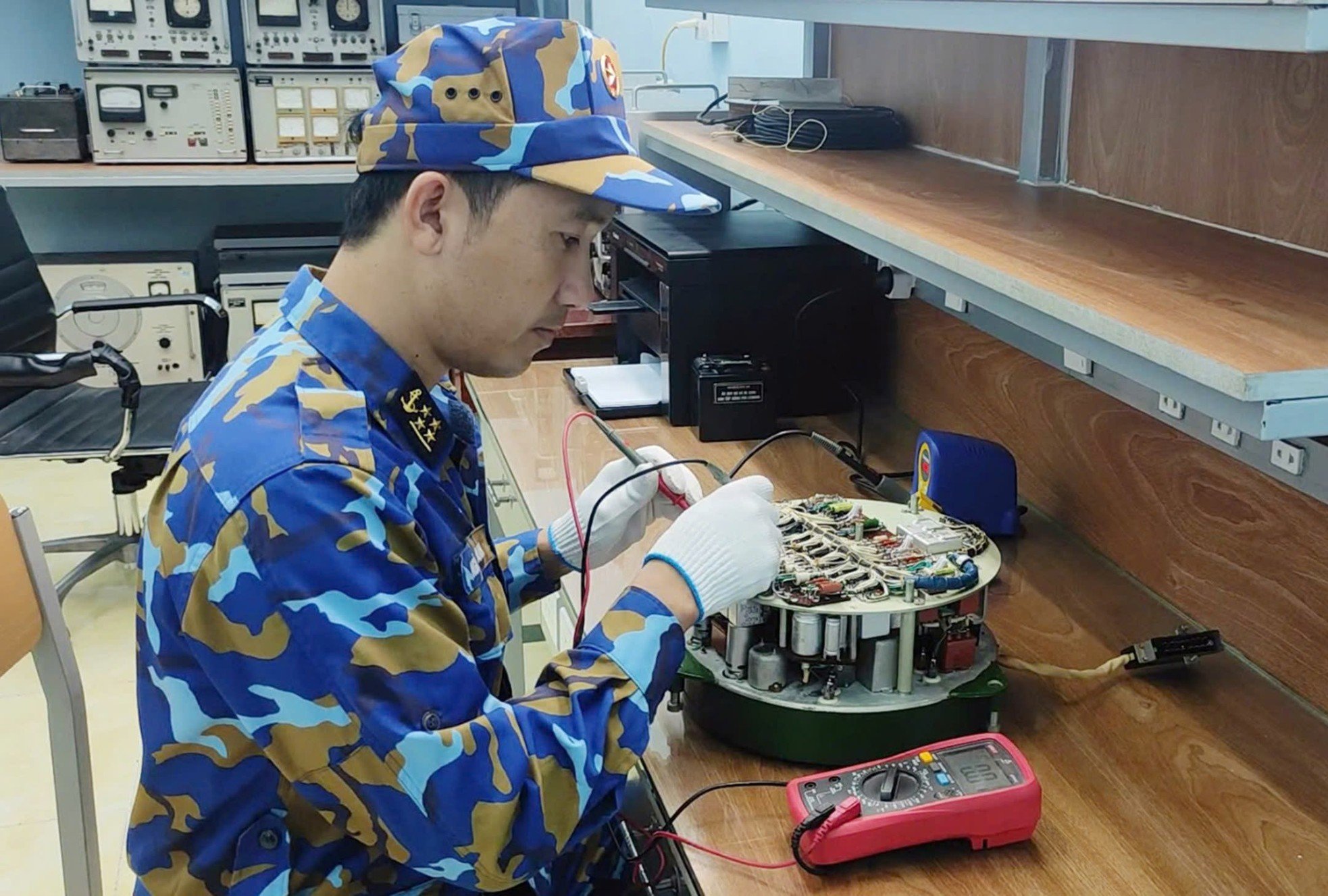





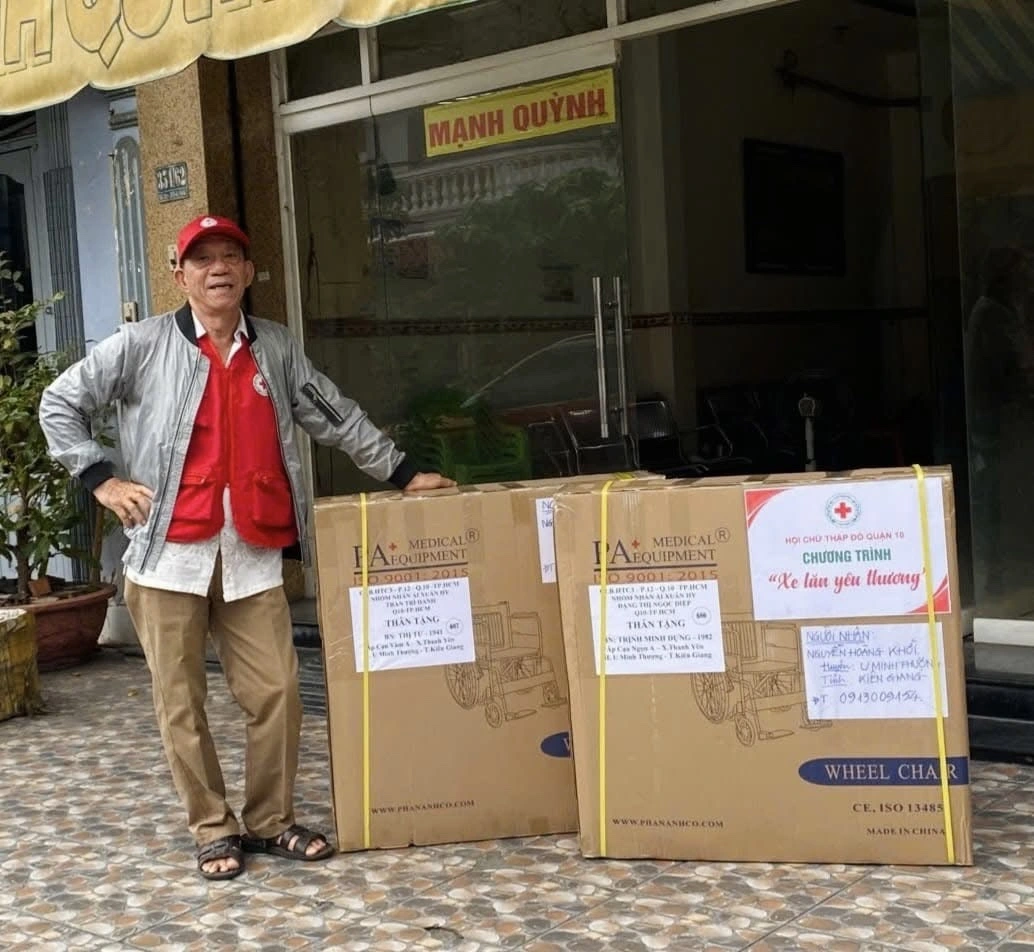






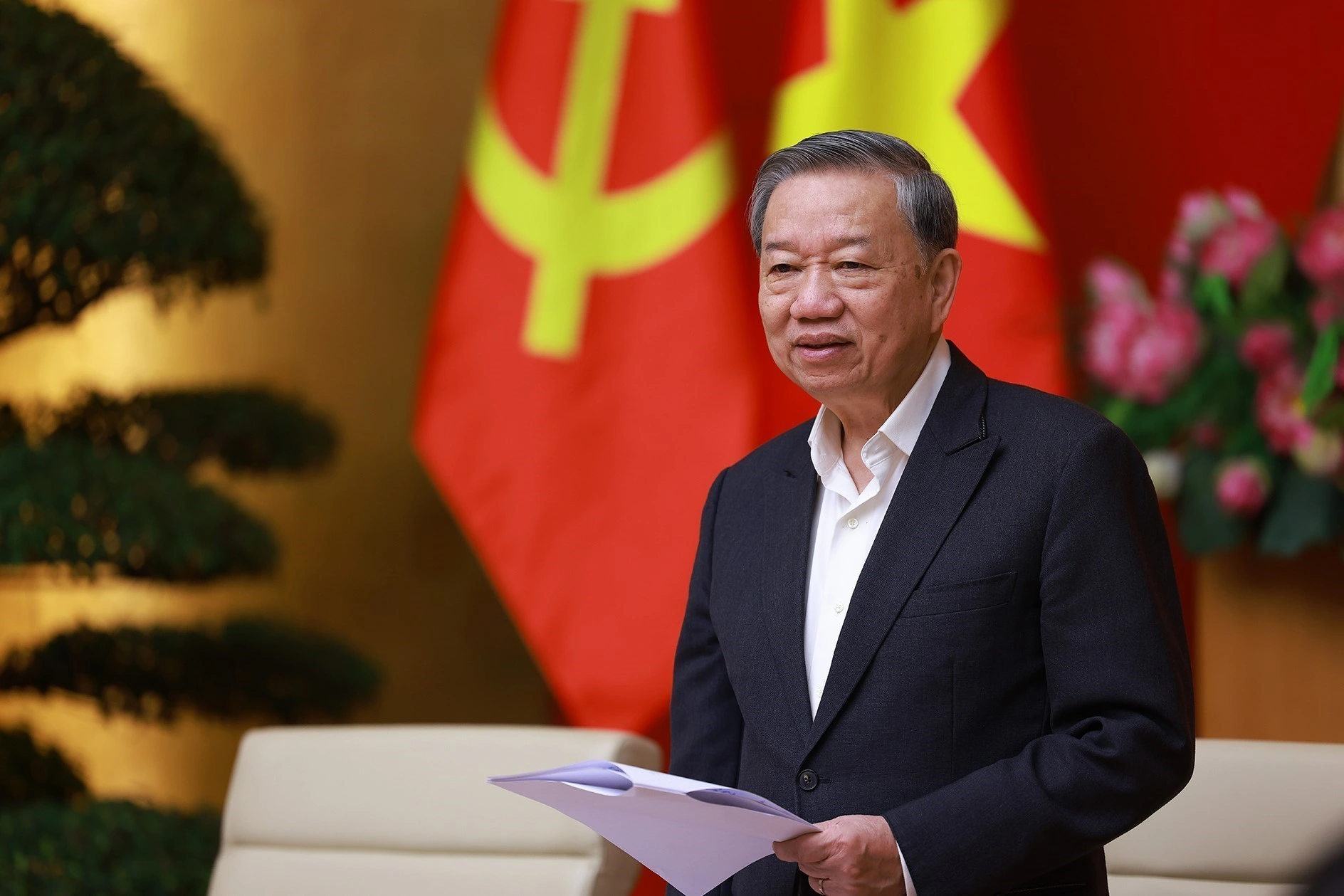

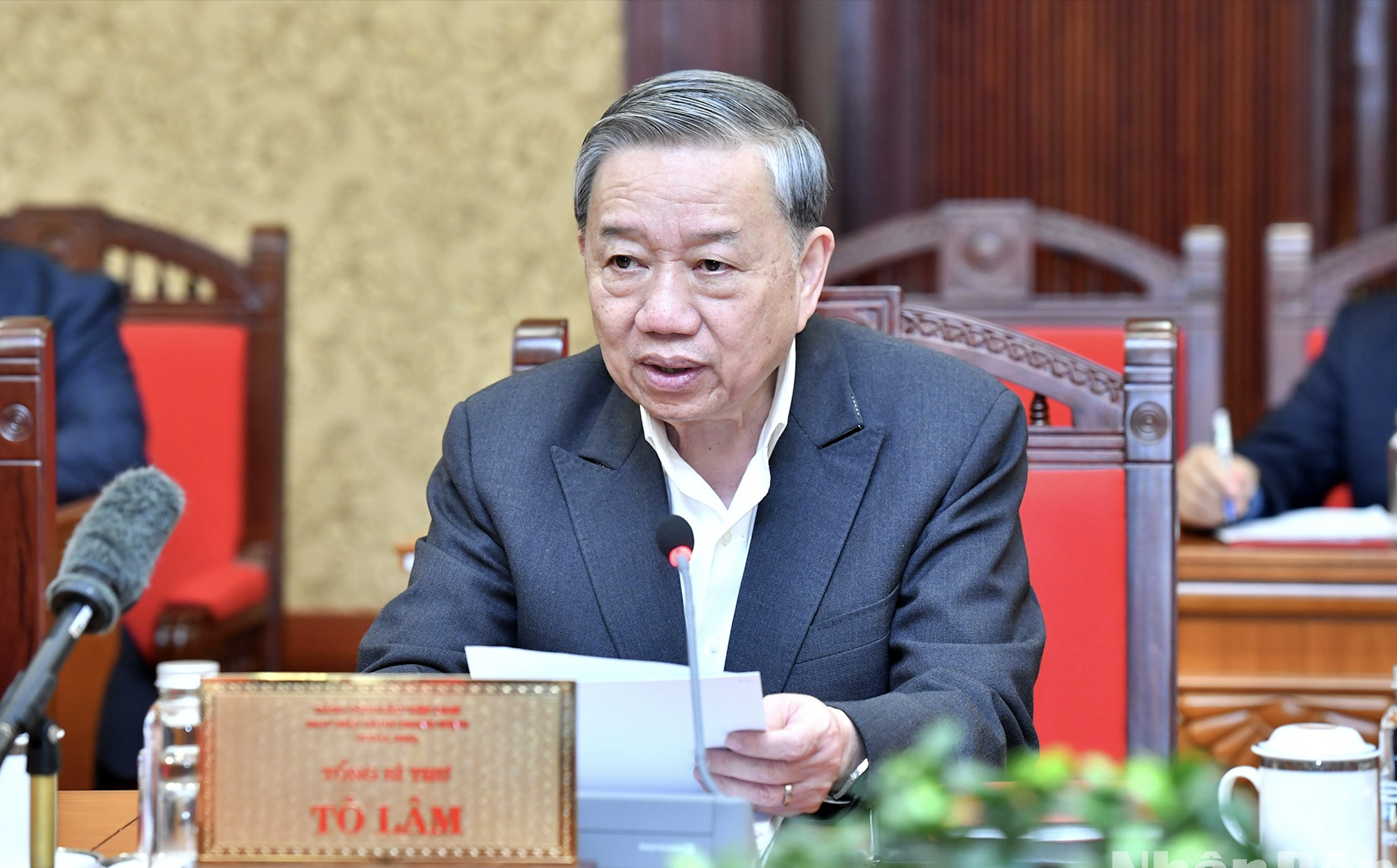

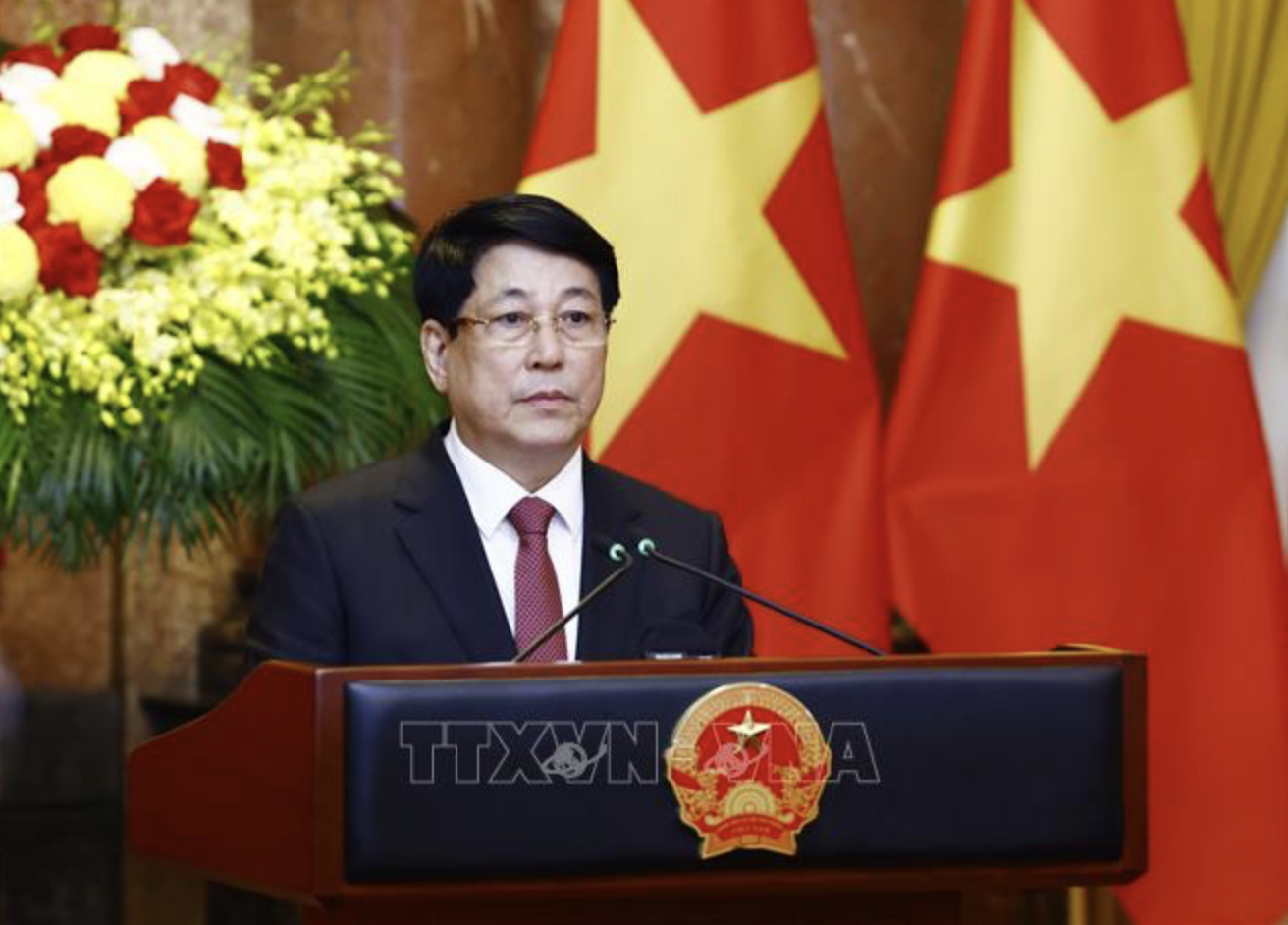

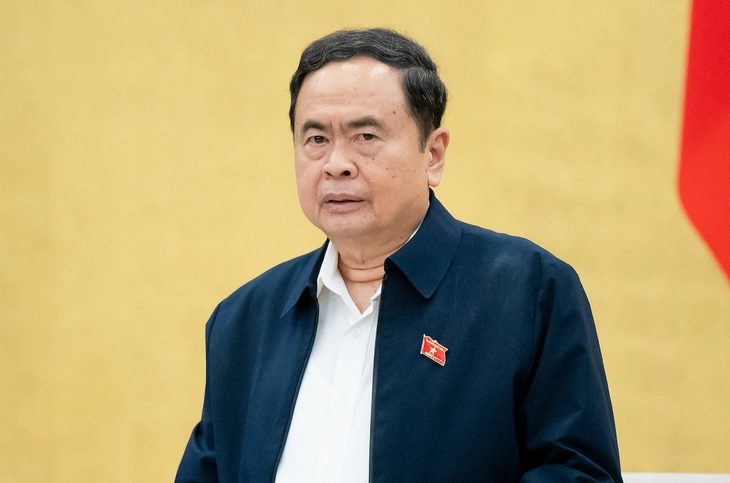

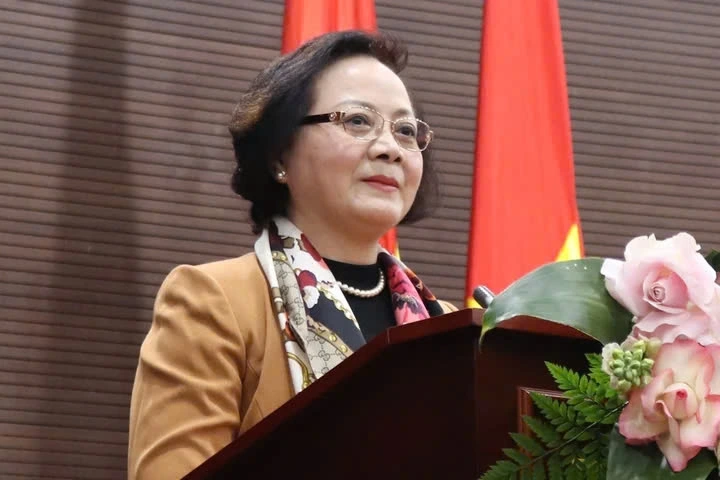



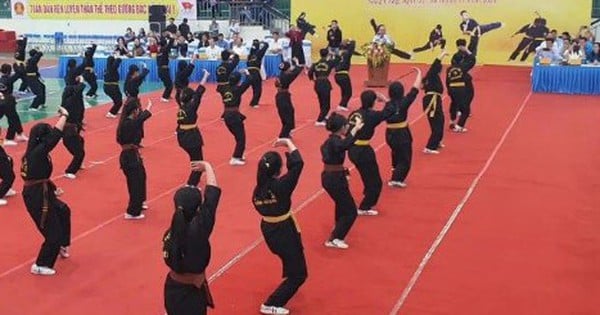
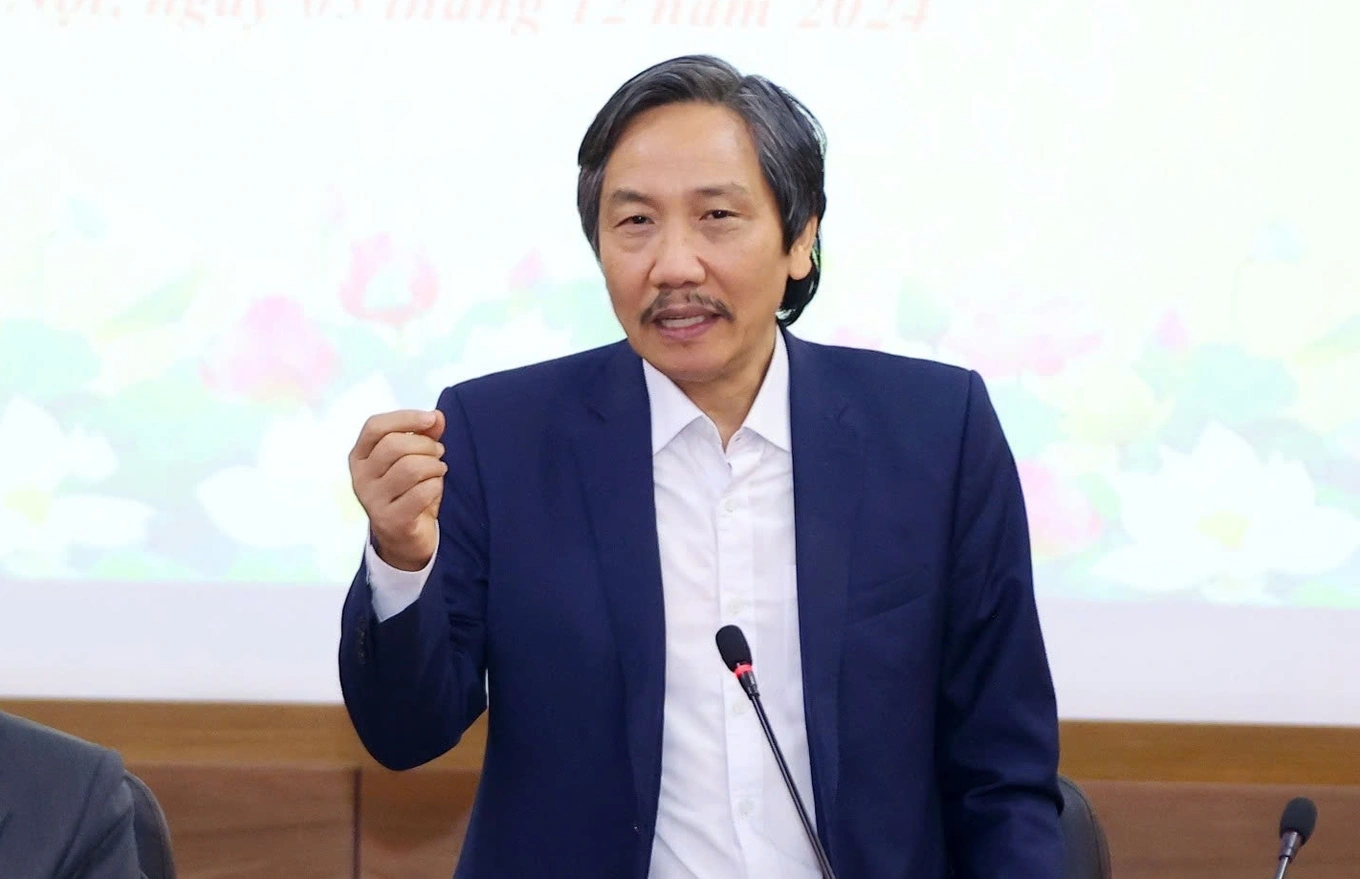
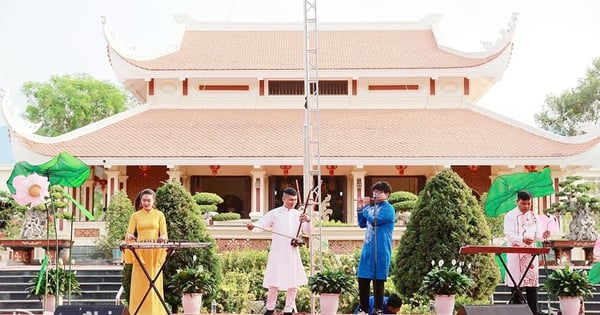







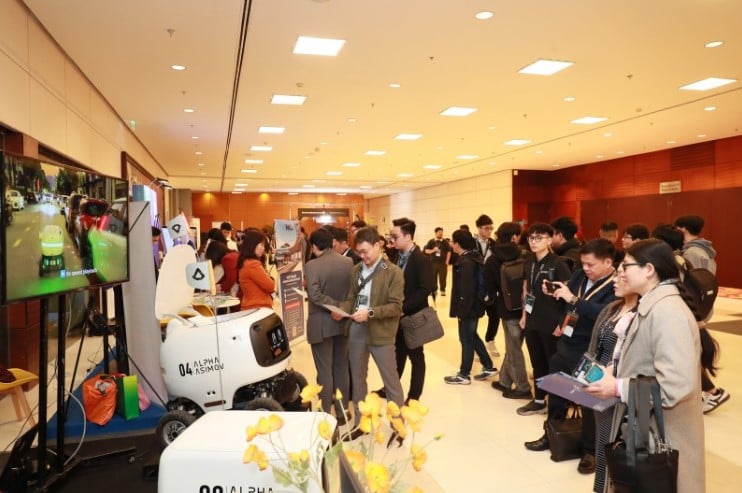
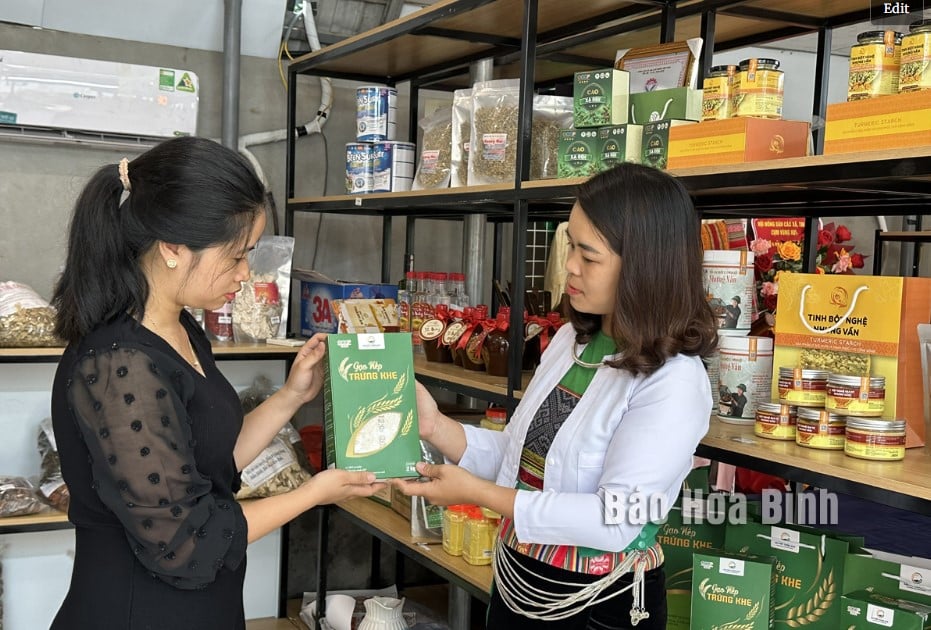

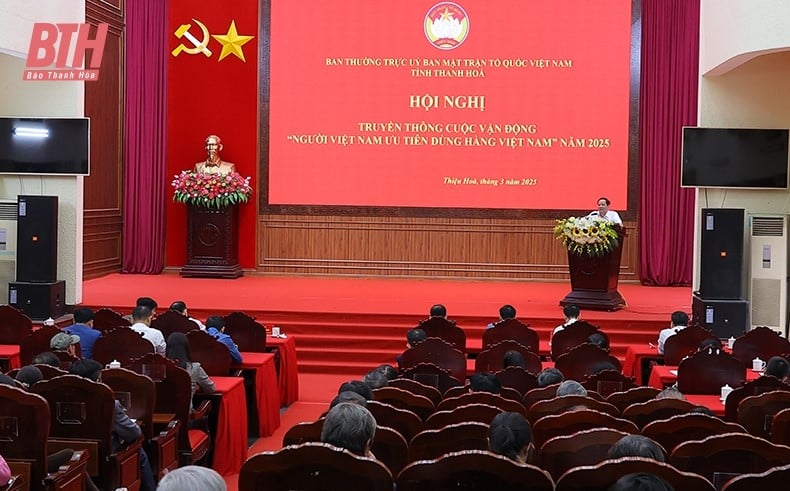





Comment (0)